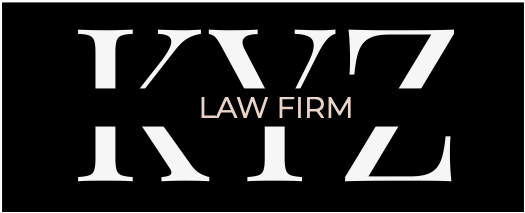Whether it's better to buy shares or assets in a business transaction depends on the specific circumstances and the goals of the buyer. Here are some factors to consider when making the decision:
- Buying shares: When you buy shares, you're acquiring ownership of the company and all of its assets, including any liabilities. This means that you'll also inherit any legal disputes or outstanding debts that the company may have. Buying shares may be a good option if you're interested in the long-term growth potential of the company and want to participate in the management of the business.
- Buying assets: When you buy assets, you're only acquiring the specific assets that you've agreed to purchase, rather than the entire company. This can be beneficial if you're only interested in certain aspects of the business or want to avoid inheriting any liabilities. However, buying assets can be more complex and time-consuming than buying shares, as it typically requires identifying, valuing, and transferring each asset individually.
- Taxation: The tax implications of buying shares or assets will also be different. Buying shares may be subject to capital gains tax, while buying assets may be subject to sales tax.
- Financing: The process of financing the transaction will also be different depending on whether you are buying shares or assets. Financing the purchase of shares may require a higher level of commitment and a longer-term financial plan than buying assets.
It is highly recommended to involve different professionals with different skill-sets, such as lawyers, accountants and investment bankers, who can advise on the best course of action for your particular goals.


